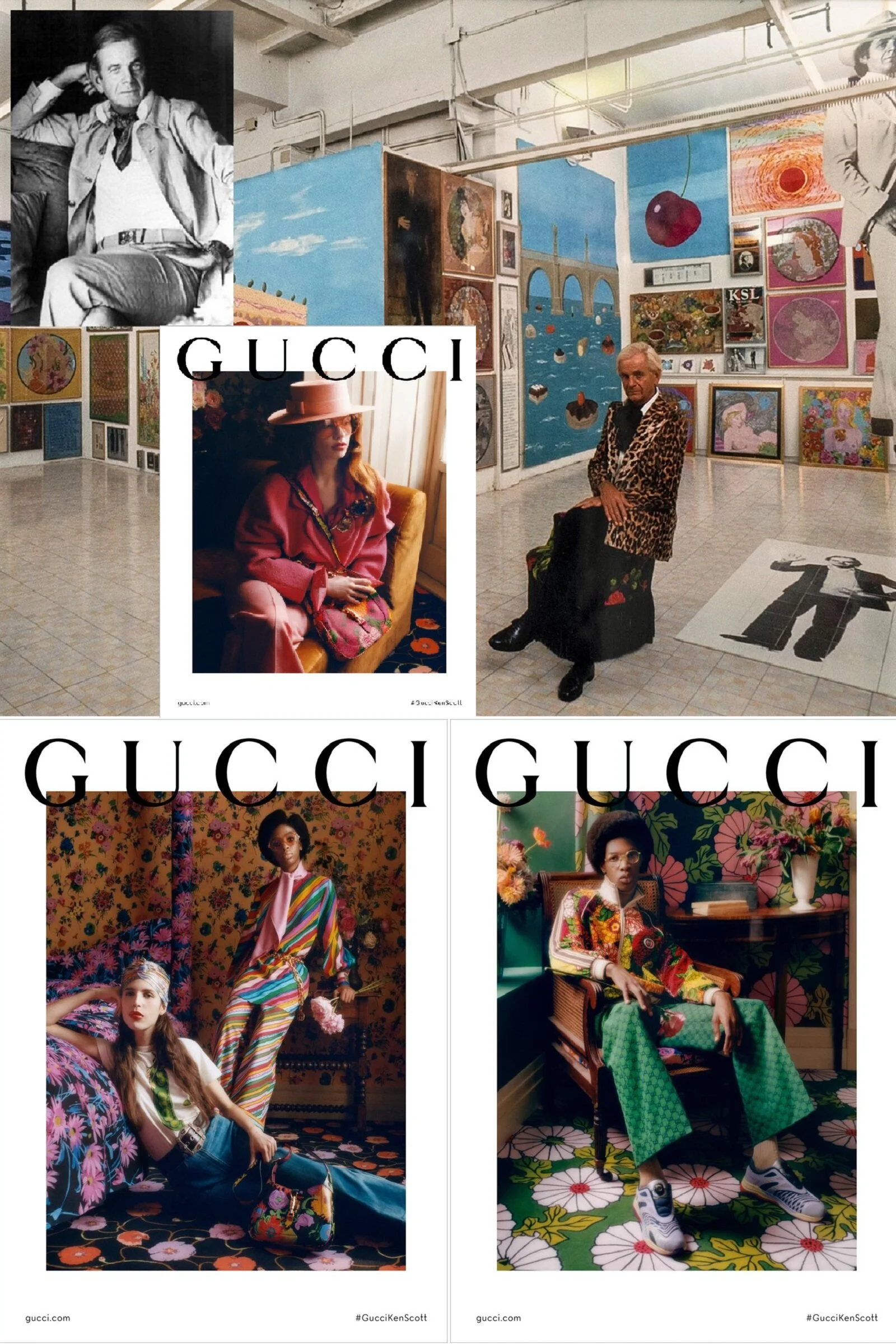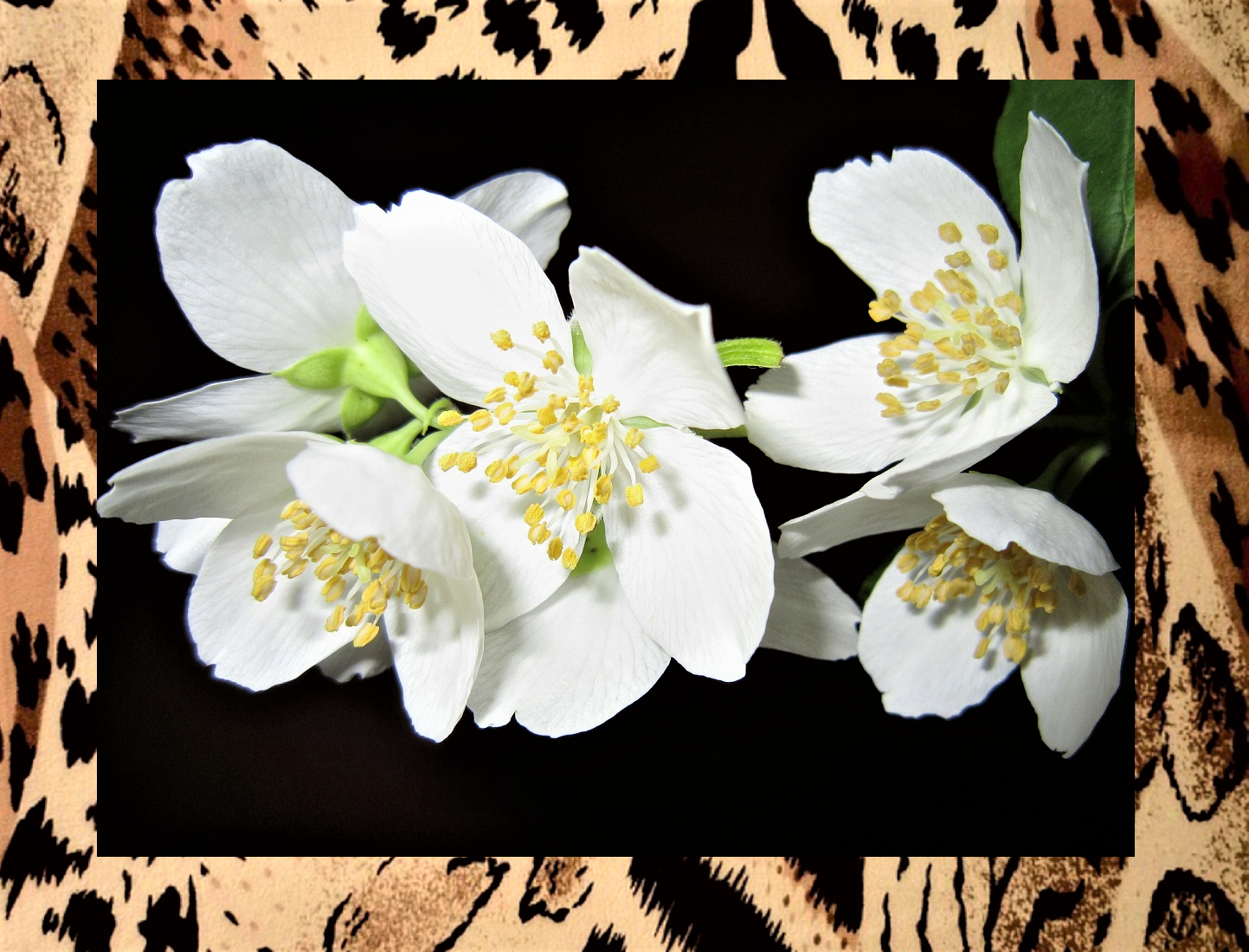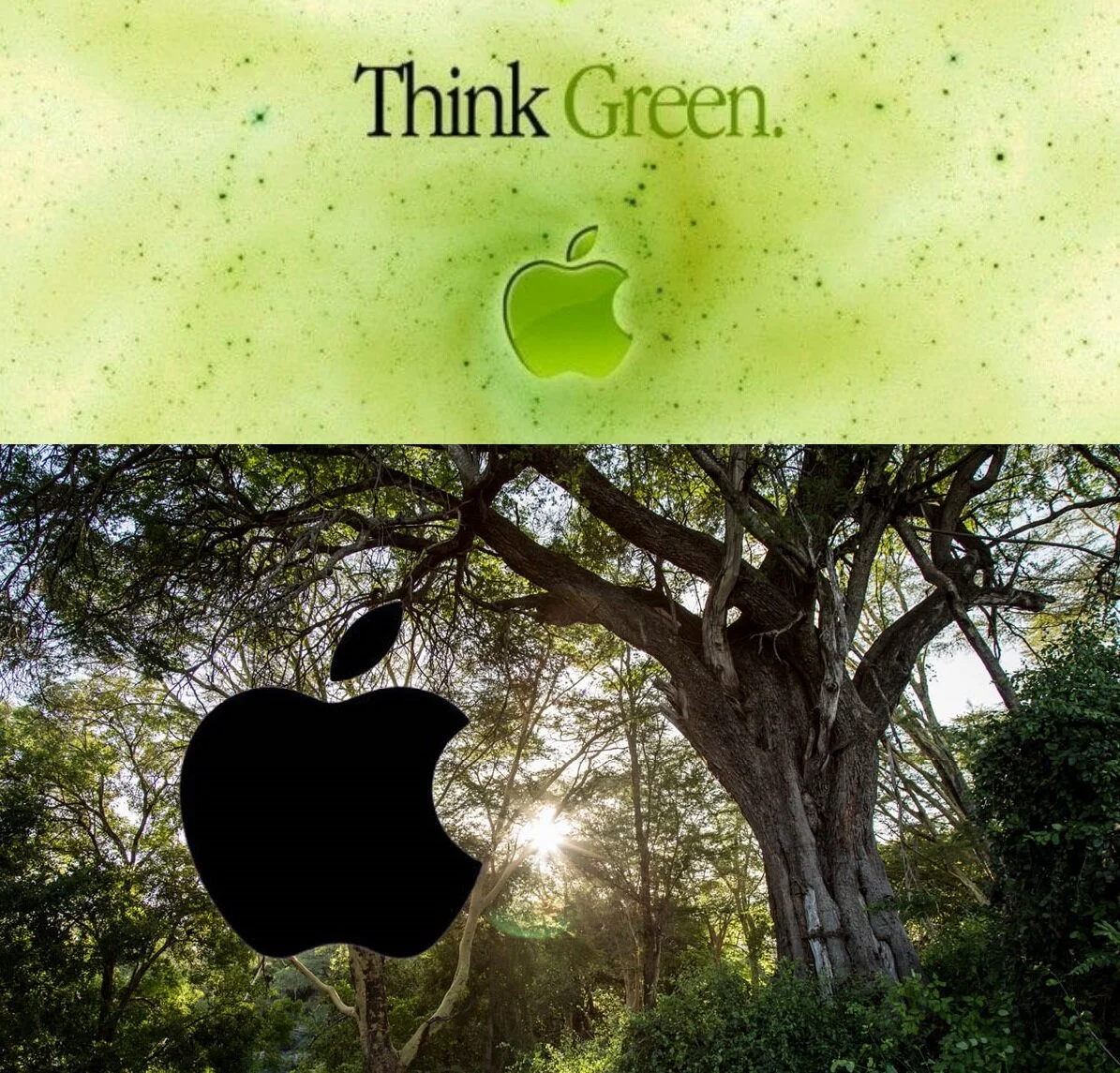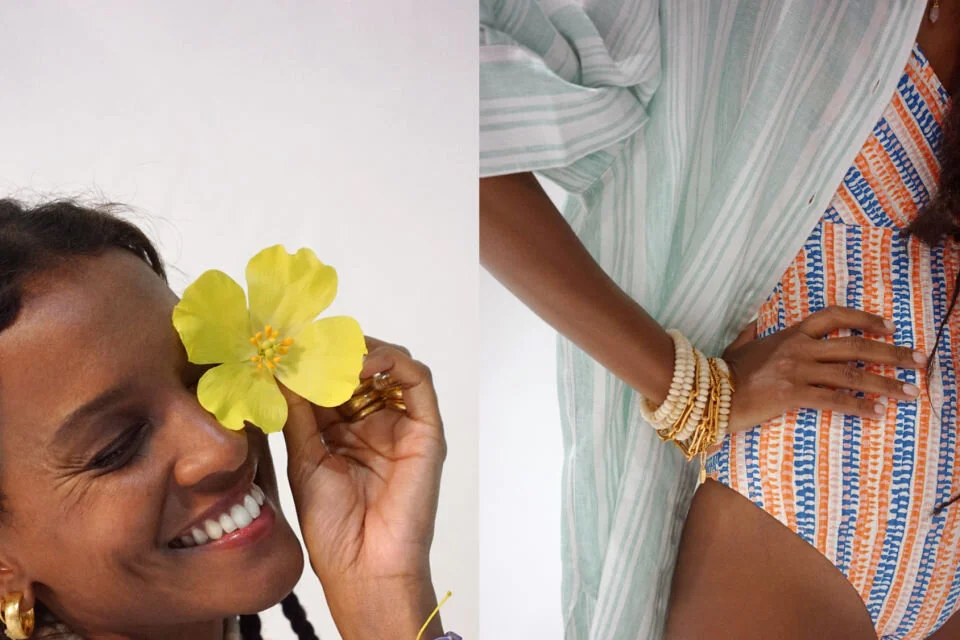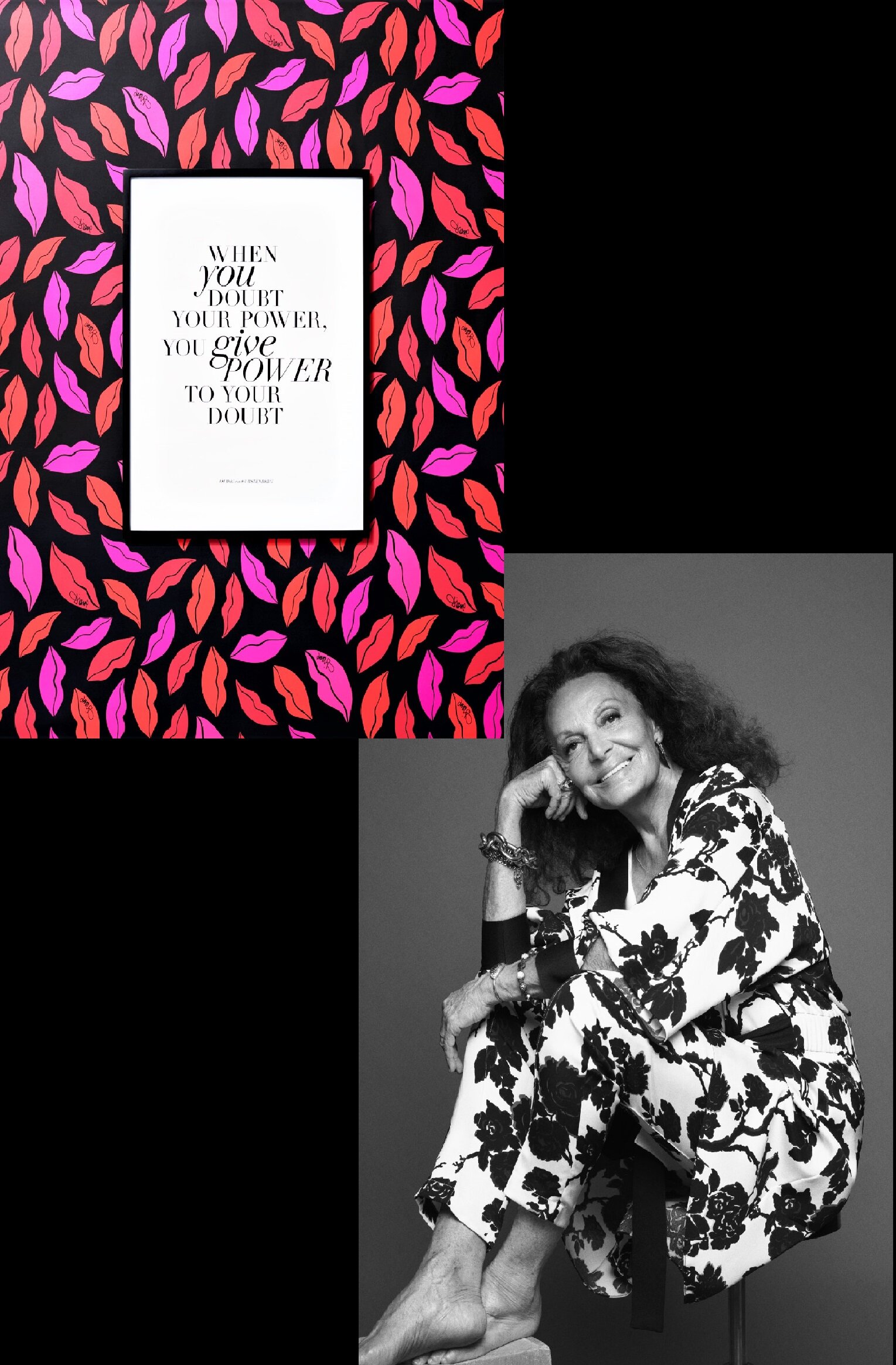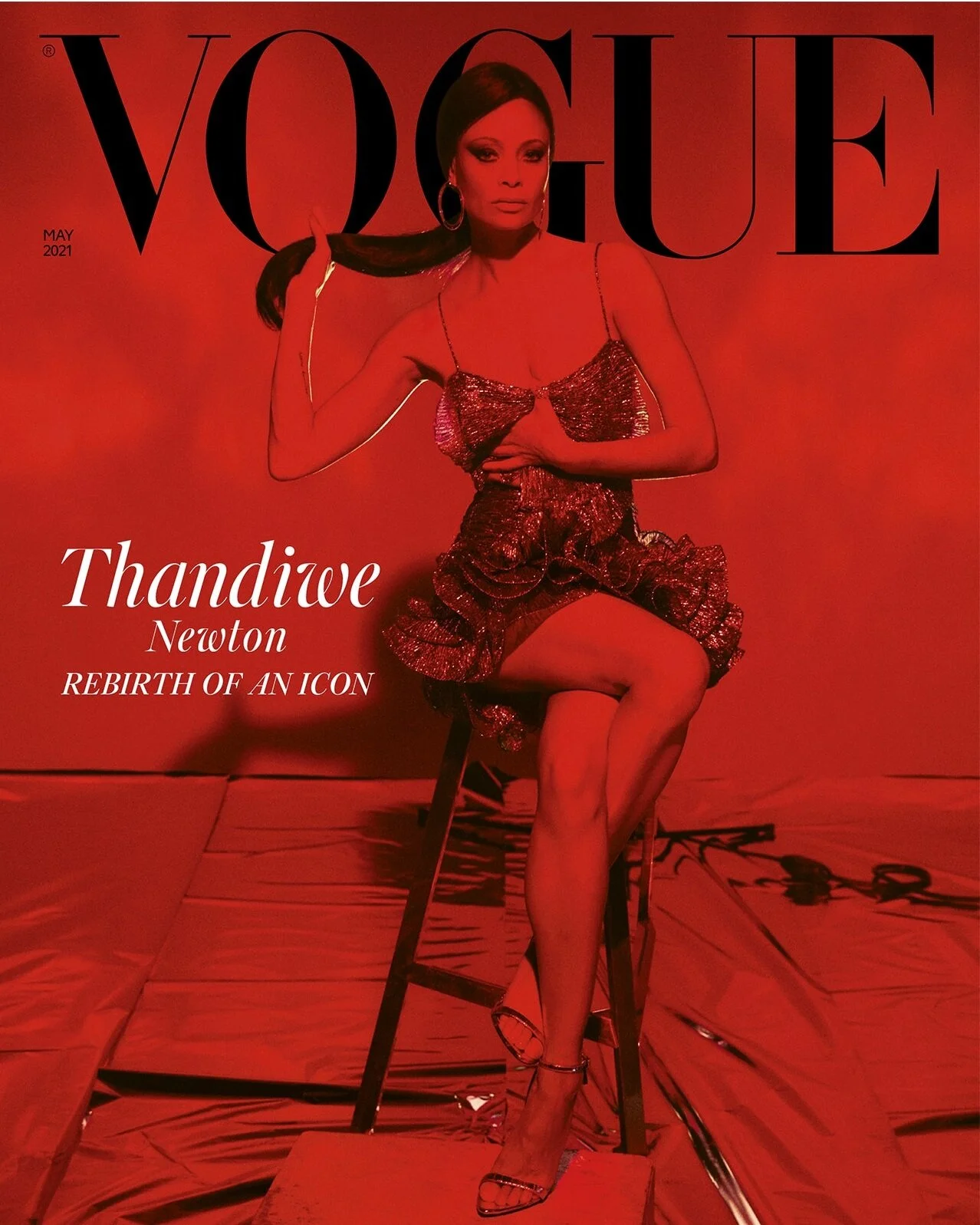Tracking the Health Benefits of Jasmine, Inspired by Gucci X Ken Scott Sp 2021 Capsule
/Gucci X Ken Scott Capsule Collection Spring 2021 Celebrates Flower Power on Steroids AOC Fashion
Known as the ‘Fashion Gardener’, Ken Scott was an Indiana-born American designer who lived in Milan during the ‘60s and ‘70s. Scott enjoyed cult-like status in the world of fashion and design with his devotion to flowers.
In honor of the late designer, a figure whom Gucci’s own Alessandro Michele admires dearly, the luxury fashion house partnered with the Ken Scott Foundation to reimagine his archived prints as part of the spring 2021 Gucci Epilogue Collection.
Flower power is in the air across the world and not because spring arrives in a week in the northern hemisphere. COVID vaccinations and a new US president inspire AOC stateside.
The fashion world was notably cool to former US prez Donald Trump, whose every right-wing value collided with the majority of ours. New president Joe Biden has surprised all progressives with his initial legislation initiatives. Most of all Joe Biden’s empathy has captured our hearts — not the hearts of Trumpers — but my heart and those of my friends and colleagues.
Flowers Create Far More Than Pretty Prints
15 months ago, Vogue Arabia shared a story: How Flowers Can Help You Achieve Your Wellness Goals. Noting that Maison Des Fleurs head florist Cheryl Cox cites research that humans feel less depressed, anvious and agitated after receiving flowers, I no longer am embarassed to admit that I’ve been expressing gratitude to my own flowers while making morning coffee. See 5 Ways to Boost Your Engagement of Life From Gratitude to Goals.
Besides an earnest rush of sincere gratitude to my beautiful blooms, I also have a quiet laugh over being silly — and laughter is also good for health and wellness.
Vogue Arabia writes that jasmine and lavender are proven to lower stress and anxiety levels. Their wellness benefits include inducing peacefulness, improving sleep and lowering heart rate. Most of us know about lavendar. But jasmine? I positively adore jasmine, have it frequently on my patio or porch and feel sad when the blooming ends. Jasmine is my alter-ego first name.
Calming Impact of Jasmine
A decade ago German researchers tested the impact of hundreds of fragrances on mice and then humans, in an effort to understand their physiological impact. The results of the study — incomprehensible to the general public as I just tried to read it — were published in the Journal of Biological Chemistry.
When mice were exposed to jasmine fragrance, the scent caused them “to cease all activity and sit quietly in a corner.”
Brain scans show that inhaling the scent of jasmine boosts the effects of a chemical called GABA on the nerve cells, thus relieving anxiety and promoting rest. Moving from mice to humans, researchers found that jasmine specifically increased the GABA effect by over five times.
“We have discovered a new class of GABA receptor modulator which can be administered through the respiratory air,” Ruhr University Professor Hanns Hatt told The Telegraph.
Jasmine could be used as a sedative, sleeping pill, and to relieve aggression and anxiety, Hatt concluded. Imagine the effect of jasmine being as effective as sedatives, sleeping pills and relaxants without the side effects.
A quick review of jasmine’s history suggests that the majority of botanists believe Persia, now Iran, is where jasmine originate before crossing the Red Sea into Egypt. As early as 1000 B.C., jasmine found its way to Turkey and Greece.
More jasmine facts are now an AOC priority, due to its historical relevance in global trade routes, but also because bees love jasmine. And AOC is devoted to understanding and acting ethically to save our bees.
